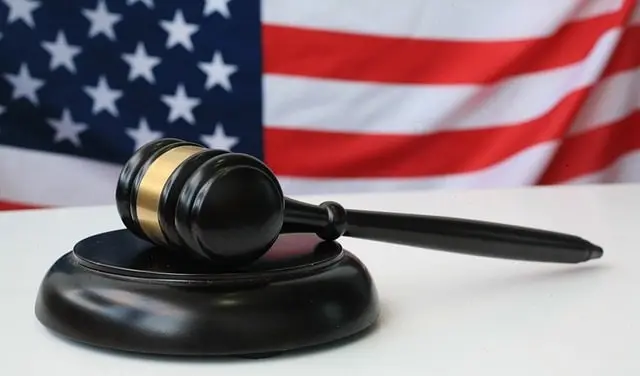The Crepe Erase lawsuit has emerged as a significant legal battle in the skincare industry, raising important questions about advertising practices, consumer rights, and corporate accountability. This case highlights the complexities of marketing beauty products and the responsibilities companies have toward their customers.
Background of Crepe Erase
Crepe Erase is a skincare product marketed to reduce the appearance of crepey skin, often associated with aging. It claims to rejuvenate skin texture and elasticity through its proprietary TruFirm Complex, which is said to include plant-based extracts. The product has been heavily promoted through celebrity endorsements and extensive advertising, particularly targeting older women.
Legal Proceedings and Allegations
The lawsuit against Crepe Erase began when several consumers filed complaints alleging that the product failed to deliver on its promised benefits. Plaintiffs claim that the marketing was misleading, as it suggested the product could significantly improve skin quality without substantial scientific backing. They argue that these exaggerated claims misled them into purchasing a product that did not perform as advertised.
Crepe Erase Class Action Status
The lawsuit has been classified as a class action, allowing multiple consumers who experienced similar grievances to join forces against Crepe Erase’s manufacturer, Guthy-Renker LLC. This type of lawsuit is particularly important as it helps address the claims of numerous individuals who might not pursue legal action on their own due to the cost and complexity involved.
Key Legal Issues
- Misleading Advertising: The central issue in the lawsuit revolves around whether Crepe Erase’s advertising claims are deceptive. The plaintiffs argue that the company marketed the product as capable of substantial improvements to skin appearance, which they believe is not supported by scientific evidence.
- Consumer Protection: The case underscores the importance of consumer protection laws, which aim to prevent false advertising and ensure that companies provide accurate information about their products.
- Corporate Accountability: This lawsuit raises questions about the accountability of skincare companies in their marketing practices. If the court finds in favor of the plaintiffs, it could establish precedents that hold companies more responsible for their advertising claims, potentially leading to stricter regulations across the beauty industry.
Current Status of the Lawsuit
As of now, the lawsuit is ongoing, with several hearings having taken place to examine evidence from both sides. Key developments include:
- Expert Testimonies: Experts have been called to testify regarding the product’s efficacy and the accuracy of its marketing claims.
- Court Decisions: Recent rulings have denied motions to dismiss the case, allowing it to proceed to trial.
Implications for Consumers and the Industry
The outcome of the Crepe Erase lawsuit could have far-reaching implications:
- For Consumers: Current and potential users may find themselves reconsidering their trust in Crepe Erase. If the plaintiffs prevail, it may empower consumers to seek redress for misleading advertising across the industry.
- For the Skincare Industry: A ruling against Crepe Erase could lead to heightened scrutiny of marketing practices within the skincare and cosmetics sectors, encouraging companies to adopt more transparent and scientifically supported claims.
Company Response
In light of the lawsuit, Guthy-Renker has publicly maintained that Crepe Erase meets all advertised claims and has engaged in efforts to reassure consumers about product safety and effectiveness. They argue that skincare results can be subjective and that the company is committed to complying with industry regulations.
Conclusion
The Crepe Erase lawsuit serves as a crucial case study in the intersection of consumer rights and corporate responsibility in the beauty industry. As the legal proceedings unfold, the case will likely influence future advertising practices and consumer protections. Stakeholders in the beauty industry should closely monitor the outcome, as it could set important precedents regarding the claims made by skincare products and the standards companies must adhere to in their marketing strategies.


